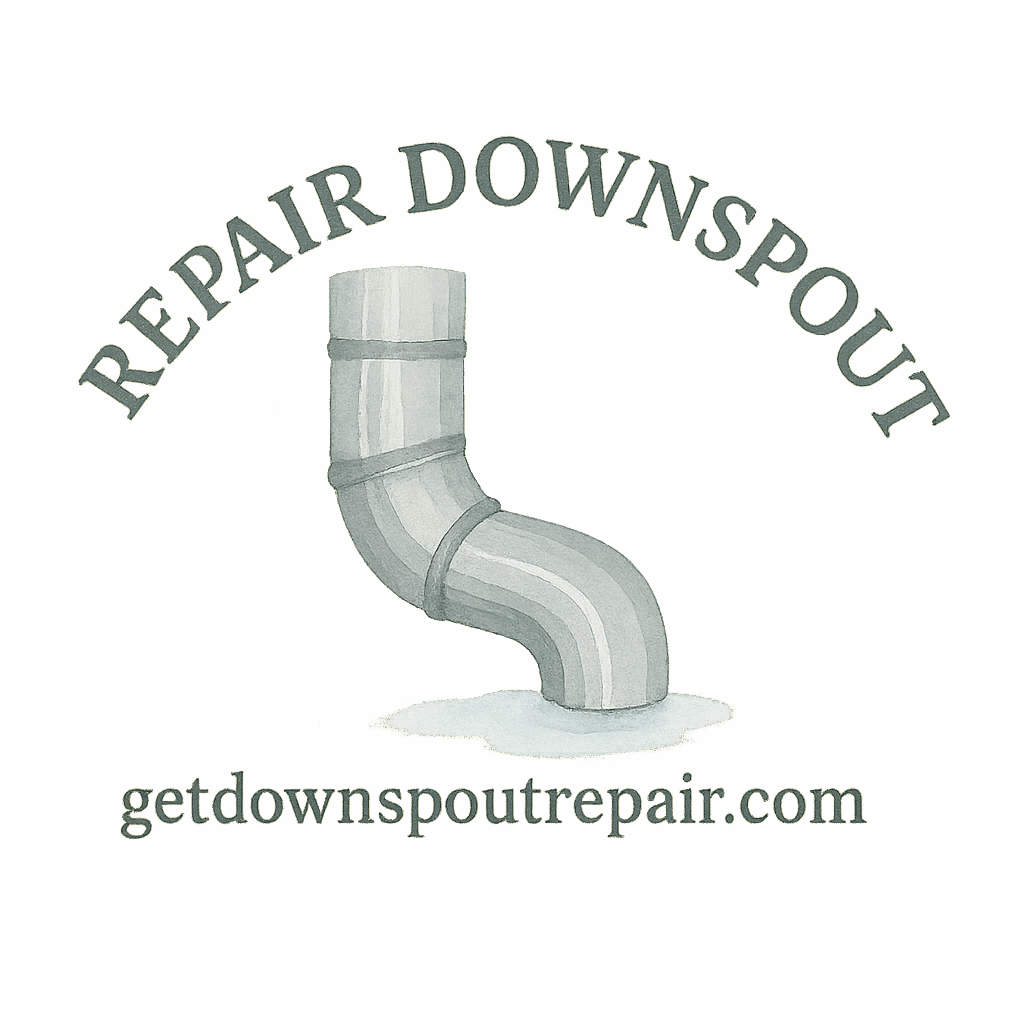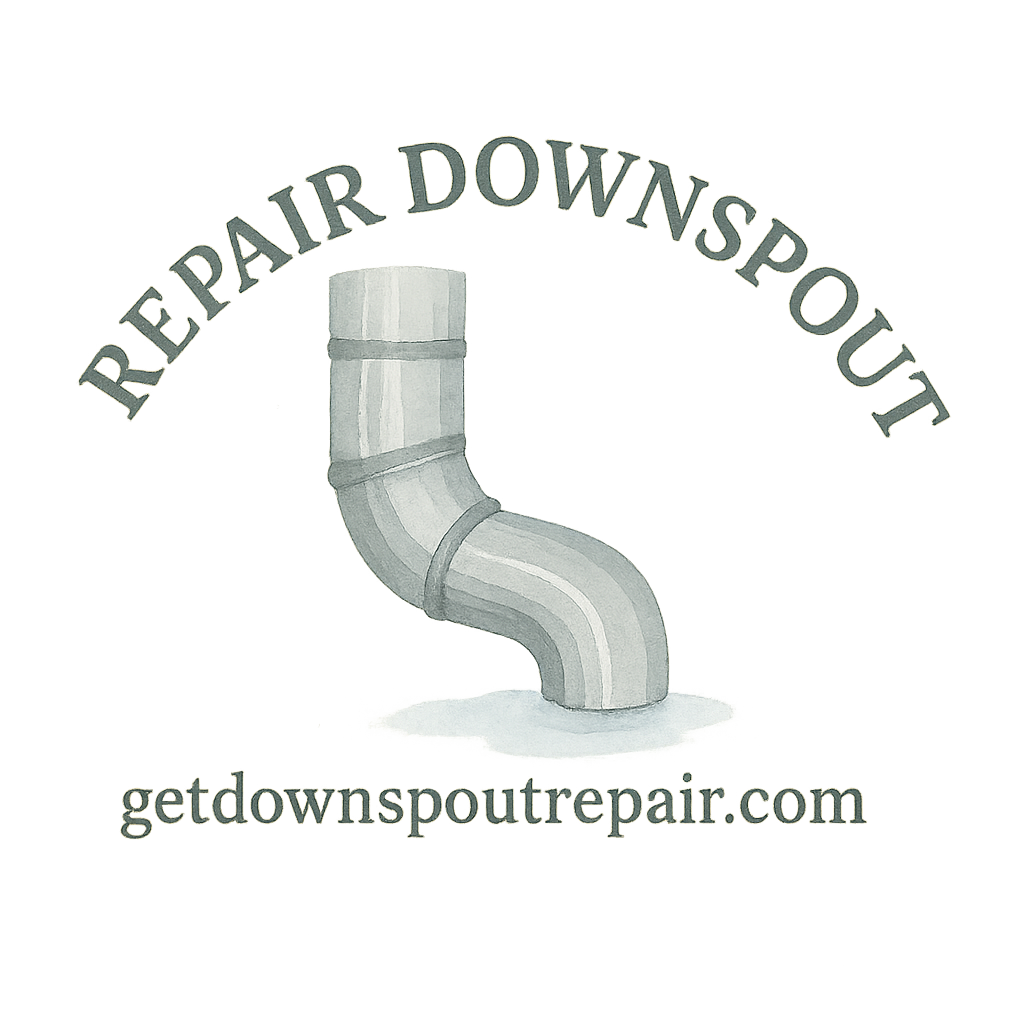Introduction
So, you’re stuck choosing between vinyl and aluminum downspouts, huh? We’ve all been there. With home improvement projects, it’s easy to focus on looks and forget the dollars that stack up behind the scenes. But the cost differences between vinyl vs. aluminum downspouts aren’t just about what you pay at the register.
In this article, we’re diving deep into eight real-world cost comparisons. We’ll talk purchase price, installation, maintenance, repairs, lifespan, and more—everything you need to decide what’s best for your budget and your home.
Why Your Choice of Downspout Material Matters
Think of downspouts as your home’s drainage bodyguards. If they fail, your siding, foundation, and landscaping can all take a hit. Choosing between vinyl and aluminum is about more than color or texture—it’s about performance, durability, and yes, cost over time. Whether you’re a DIY beginner or calling in a licensed contractor, the costs can add up fast.
1. Initial Purchase Cost
Vinyl: The Budget-Friendly Option
If you’re shopping with your wallet in mind, vinyl downspouts are the clear winner up front. They typically cost $1 to $2 per linear foot. That’s music to a budget-conscious homeowner’s ears.
Want to stay on budget? Check out this budget tips guide to make smart purchasing decisions.
Aluminum: Slightly Pricier, But Worth It?
Aluminum downspouts average around $2 to $4 per linear foot. Yes, it’s a bump in price, but this is where “you get what you pay for” starts to come into play. If you’re aiming for a long-term investment, it might be worth stretching the budget.
Explore more about costs and materials before deciding.
2. Installation Costs
DIY-Friendly Vinyl
Vinyl downspouts are lightweight and snap together easily. That makes them a top choice for the DIY crowd. If you’re handy with a saw and ladder, you could avoid pro fees entirely.
Curious about tools? Here’s a list of DIY tools you’ll need.
Also, check our dedicated DIY fixes section to guide your installation step-by-step.
Professional Help for Aluminum
Aluminum is more durable but trickier to install—especially if you’re dealing with seamless sections or multi-story homes. That often means hiring a pro, which can cost $100 to $300+ depending on the complexity.
Need help finding professional services? Visit Get Downspout Repair’s Pro Help.
3. Maintenance Expenses
Low Maintenance Vinyl
Vinyl requires minimal upkeep. Rinse it occasionally and you’re good. But it’s prone to cracking in extreme weather, which could sneak in unexpected repairs over time.
Stay ahead of issues with our gutter cleaning best practices.
Aluminum’s Longevity Advantage
Aluminum is rust-resistant and holds up beautifully in all climates. You may need to reseal joints occasionally, but overall, it requires fewer fixes.
Our drainage protection guide will help reduce future maintenance needs.

4. Repair and Replacement Costs
Vinyl Repairs: Cheap but Frequent
When vinyl fails, it’s easy to replace. But the downside? It might need replacing more often. Cracks, warps, and UV damage can hit hard over time.
If you’re already facing repairs, check out our repair basics guide.
Aluminum: Fewer Repairs, More Durable
Fewer breaks mean fewer replacements. If a section does need fixing, it’s a bit pricier than vinyl—but you won’t be doing it as often.
Get expert help from our downspout repair experts.
5. Lifespan and Value Over Time
Is Vinyl Long-Lasting Enough?
Vinyl typically lasts 10 to 15 years. For a quick fix or short-term stay, it works fine. But if this is your “forever home,” consider the long game.
Want to know when to repair now? We’ve got you covered.
Aluminum’s Cost-Effective Longevity
Aluminum can last 20+ years with proper care. Over decades, it could actually save you money—even if the initial cost was higher.
This falls under the “spend more now, save more later” category.
6. Weather Resistance and Wear
How Vinyl Handles the Elements
Vinyl doesn’t rust, but it doesn’t love extreme heat or cold. Think: cracking in winter or warping in high temps.
Stay ahead of issues with these prevent clogging tips.
Aluminum’s Weather Resilience
Aluminum holds strong in rain, snow, sun, and even coastal air. It may dent from heavy impacts, but it won’t crack under pressure—literally.
For those in high-storm areas, it’s often the safer bet.
7. Aesthetic and Customization Costs
Custom Looks for Vinyl
Vinyl comes in fewer colors but is paintable. Want that perfect match for your siding? You’ll need paint and sealant—an extra cost.
Aluminum: Aesthetic at a Premium
Aluminum offers a wider variety of baked-on enamel colors straight from the manufacturer. No painting needed—but it’ll cost you.
Want to go premium? Visit our premium tools and quality products sections.
8. Environmental Impact and Recycling Value
Vinyl: Less Eco-Friendly
Vinyl is made from PVC, which isn’t biodegradable or easy to recycle. When it’s done, it usually ends up in the landfill.
Aluminum: Recyclable and Sustainable
Aluminum is 100% recyclable and often made from recycled materials. Even when you replace it, you can sell it for scrap and get some cash back.
This ties directly to downspout save and environmental best practices.
Vinyl vs. Aluminum: What’s the Best Budget Choice?
If you’re flipping a house or just need a temporary fix, vinyl makes financial sense. But if you’re looking at your home as a long-term investment, aluminum is hands-down the better value.
Also, factor in the hidden costs: future repairs, energy savings, water damage. Speaking of which, check out how to avoid water damage from neglected downspouts.
Conclusion
When it comes to the cost differences between vinyl vs. aluminum downspouts, it’s not just about the price tag at checkout. It’s about long-term durability, repair frequency, and total value. Vinyl might win the upfront cost game, but aluminum’s long lifespan and minimal maintenance can easily tip the scale in its favor over time.
Still torn? Our repair guide and downspout problems tag can help you compare scenarios specific to your home.
FAQs
1. Which downspout material is more cost-effective in the long run?
Aluminum tends to be more cost-effective over time due to its longer lifespan and lower maintenance costs.
2. Can I install vinyl downspouts myself?
Absolutely! Vinyl is very DIY-friendly. Head over to our DIY fixes section for help.
3. Are aluminum downspouts worth the extra cost?
Yes, especially if you’re planning to stay in your home long-term. They offer better durability and fewer repairs.
4. Do vinyl downspouts crack easily?
They can, especially in freezing temperatures. Regular inspection can help you spot issues early.
5. Which material is better for preventing clogs?
Both work well with proper guards. However, aluminum holds up better under heavy debris loads.
6. Is there a big difference in maintenance?
Vinyl needs less day-to-day maintenance but more frequent repairs. Aluminum requires minimal upkeep and lasts longer.
7. Where can I learn more about downspout repair?
Start with our repair basics or dive into downspout repair tips and fix downspout guides.


